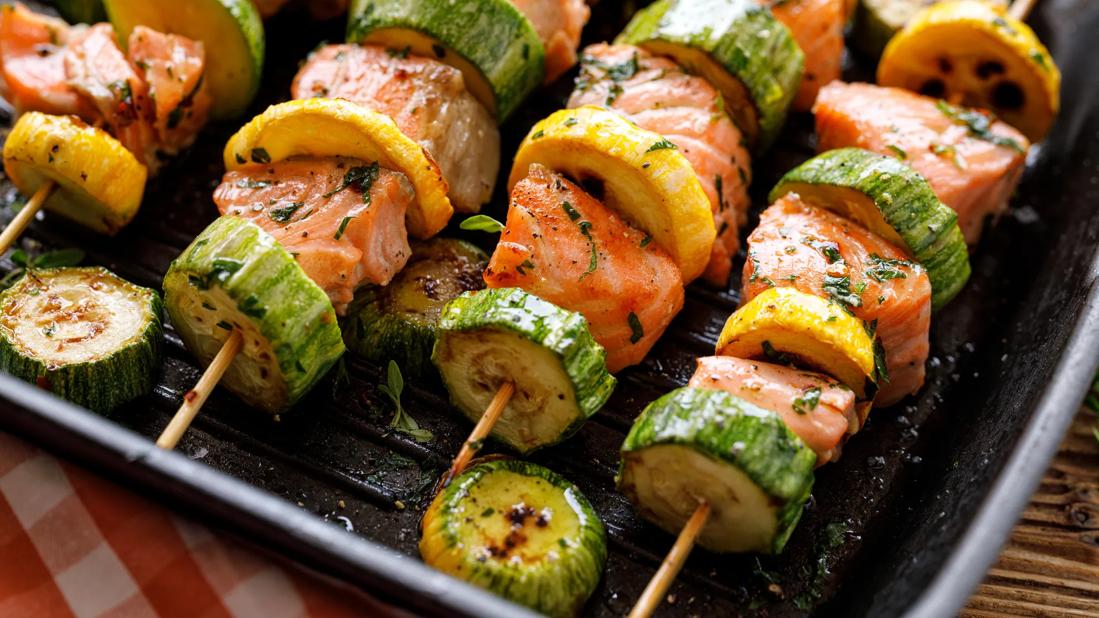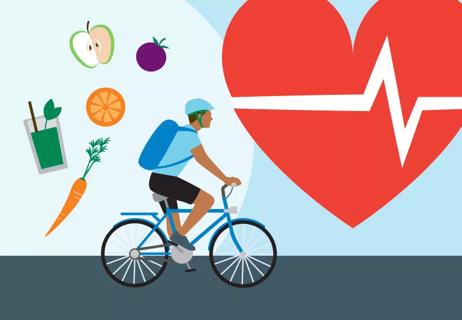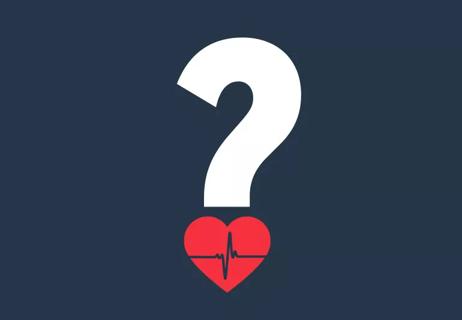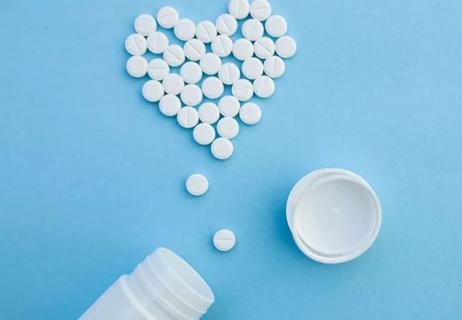Opt for plant-based foods and consider limiting alcohol and caffeine

If you’ve been diagnosed with an irregular heart rhythm, a condition known as atrial fibrillation (AFib), eating heart-healthy foods can help manage your condition. But in some cases, caffeine, alcohol and certain foods can often trigger AFib symptoms, such as heart palpitations or dizziness.
Advertisement
Cleveland Clinic is a non-profit academic medical center. Advertising on our site helps support our mission. We do not endorse non-Cleveland Clinic products or services. Policy
While there’s no specific “AFib diet,” the American Heart Association recommends eating foods low in saturated fats, trans fats, salt and cholesterol.
Registered dietitian Julia Zumpano, RD, LD, shares what foods may help, and which you might want to avoid.
Zumpano recommends focusing on eating plant-based foods to manage a racing heartbeat. This means building meals and snacks that are rich in fruits, vegetables, legumes, fish, nuts and olive oil.
The Mediterranean diet and the DASH diet are good examples of eating plans based on those foods.
“The DASH and Mediterranean diets have both been clinically studied and proven to support overall heart health, including the management of blood pressure, blood cholesterol, blood sugar, triglycerides and weight management,” says Zumpano.
If you have atrial fibrillation, specific nutritious foods that are a great addition to your diet include:
Advertisement
“Plant-based foods are rich in vitamins, minerals, fiber and antioxidants. They’re naturally low in saturated fat and void of cholesterol,” explains Zumpano. “Aim to eat a fruit or vegetable from each color of the rainbow every day.”
You may want to consider avoiding or limiting the following:
When it comes to AFib and drinking alcohol or treating yourself to a piece of cake, Zumpano says that you don’t necessarily have to cut these items completely out of your life to manage your AFib. You may just need to learn your threshold — how much your body can tolerate before AFib symptoms kick in.
Consider removing certain foods from your diet for a few days as a test. Then, reintroduce small amounts (for example, a half-cup of coffee) to see if your symptoms return. If not, you can slowly add more and monitor how you feel.
“There’s no one-size-fits-all answer on what will work best for you,” she adds. “You’ll just need to experiment a bit.”
Zumpano suggests some other food-based adjustments that can help manage your AFib symptoms:
If you have obesity, take a blood thinner or have been diagnosed with diabetes or other health conditions, talk to your healthcare provider about safe ways to modify your diet to help manage your AFib symptoms.
The reason? Even a seemingly “healthy” dietary change could conflict with another treatment. For instance, certain blood thinners like warfarin may be affected by foods with high amounts of vitamin K (think spinach and kale).
Advertisement
“You can help minimize your symptoms by finding your threshold for common triggers like alcohol and caffeine and following a plant-based diet,” reiterates Zumpano. “Consider working with a registered dietitian to come up with an eating plan that’s customized to you.”
Advertisement
Learn more about our editorial process.
Advertisement

Having atrial fibrillation increases your risk of stroke — but blood thinners can help for many people

Making healthy lifestyle changes ahead of surgery can help you avoid AFib after

The short answer from a cardiovascular researcher

Knowing the facts can make all the difference

The short answer from a cardiologist

A correct prescription helps your eyes see clearly — but as natural changes occur, you may need stronger or different eyeglasses

Eating heart-healthy foods, moving around more and getting quality sleep are a few ways to get started

The benefits of these drugs typically outweigh potential risks — but talking about your eye health and GLP-1s with your provider is advised

Wearing a scarf, adjusting your outdoor activities and following your asthma treatment plan can help limit breathing problems

Your diet in the weeks, days and hours ahead of your race can power you to the finish line

When someone guilt trips you, they’re using emotionally manipulative behavior to try to get you to act a certain way